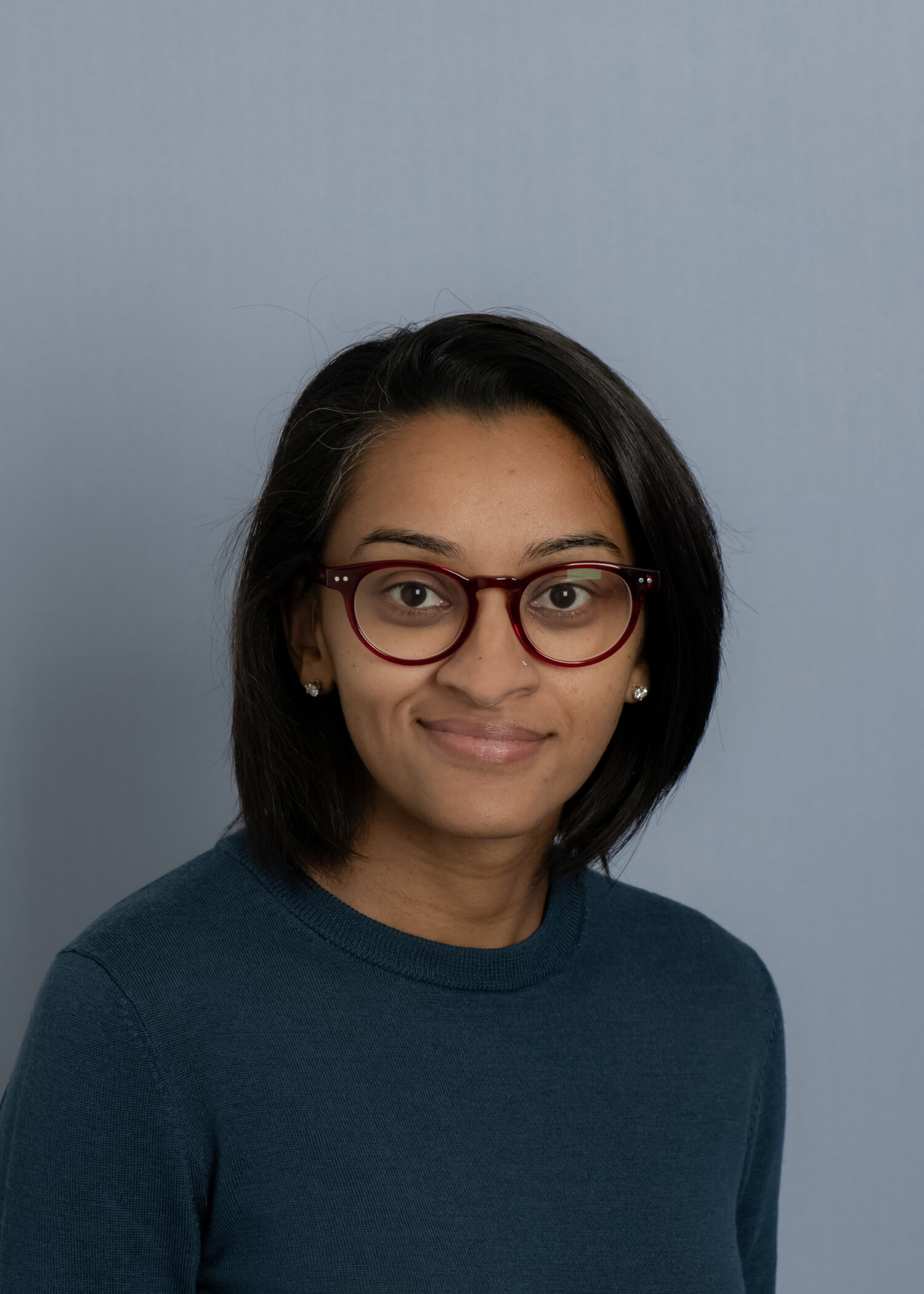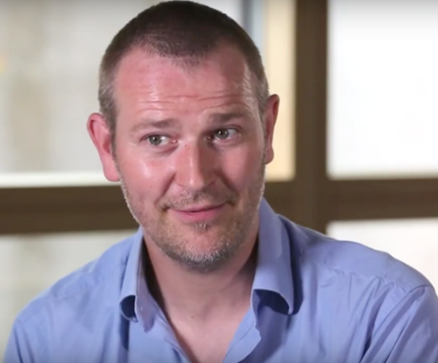

About Neera Bhatia, Children’s Medical Tourism Research Network
Dr Neera Bhatia is an Associate Professor in the School of Law, Deakin University, Melbourne, Australia. Her research interests are in end-of-life decision making for critically ill infants and children, organ donation, voluntary assisted dying, and emerging health and reproductive technologies. She teaches Health Law in the undergraduate and postgraduate programs. Neera actively engages with the wider community as an expert commentator in the media on topical issues in health law. She sits on several clinical ethics committees.

About Giles Birchley, Children’s Medical Tourism Research Network
Dr Giles Birchley is a research fellow at the Centre for Ethics in Medicine at the University of Bristol, UK. He has a research interest in the ethical and legal aspects of healthcare decisions made for and by adults and children who presumptively lack full decision-making competence. Giles is a co-investigator on the “BABEL” collaborative project, funded by the Wellcome Trust “BABEL” that focuses on this area. He is a member of the Royal College of Paediatrics and Child Health Ethics and Law Advisory Committee, representing the Children’s Ethics and Law Special Interest Group.

About Children’s Medical Tourism Research Network
The Children’s Medical Tourism Research Network was founded to bring academics, clinicians and healthcare providers together to develop research into Children’s Medical Tourism, defined as “the bi-directional movement of children (less than 18 years of age) to and from a country to seek advice, diagnosis and treatments”. Children’s medical tourism has the potential to widen the choices of treatment available, spur innovation and contribute to economic growth. Yet it also raises medical, ethical, economic, regulatory and legal issues. These hamper child medical tourism’s legitimacy and development into a trusted avenue of healthcare provision. By bringing together an international group of researchers and stakeholders, the network aims to understand and address the challenges of children’s medical tourism.
Medical Travel and Digital Health News (MTDHN): What motivated you to start this project, and how do you see it unfolding?
Giles Birchley (GB): Neera and I collaborated on an early stage of the project I’m currently working on (which examines the concept of “best interests” in law and bioethics). We looked at the best interest of children where their parents seek innovative treatments abroad. Children are part of the globalization of health, but few are studying it. It’s fraught with ethical issues including helping parents to make informed choices.
MTDHN: Is there any data that you’ve collected around this research? How many children do you guesstimate need medical treatment that they can’t get in their home countries?
GB: There’s been almost no research done in this area. Currently, we’re at a stage where we’re just starting to network with people and write funding bids. With an enormous number of adults moving between countries for various reasons, children are part of this movement. For example, a child goes to a specialist center in England or the United States for cancer therapy.
There’s also a vast number of children in countries that fall off the research radar. I mean, countries with poor healthcare infrastructure, such as Afghanistan, for instance. With the Taliban takeover, you saw stories about children trying to get across the border to Pakistan to receive renal therapies and so on.
On one side you have people looking for advanced treatments in wealthier countries, and on the other side there are those struggling to access basic healthcare.
MTDHN: What kind of care would children be traveling for? You mentioned cancer.
Neera Bhatia (NB): It’s a range of different treatments. There are high profile cases that end up in the courts where parents are seeking novel treatments that haven’t been tested and are unproven. For instance, the UK case of Charlie Gard involved his parents were seeking experimental nucleoside treatment and wanted to travel to the U.S. for this unproven experimental treatment.
Parents might also seek to travel overseas to avoid a waiting list for more minor treatments or a scan. The range of possible treatments is vast.
GB: You’ve got providers offering all sorts of therapies. How are parents to know what is legitimate and proven to be effective? Also, how are top-notch providers in other countries supposed to reach these parents with their message?
These providers are forced to compete with people who only make promises. We want to create an international environment where good practice happens and where there are some measures of good practice.
NB: When we started to do this research, we found a paucity of information. Hopefully we will begin to get answers to the “who”, “why” and “where” parents might be travelling for treatment for their children.
MTDHN: What countries attract the most people?
GB: You find that parents are taking their children to get advanced cancer therapies from England and the United States. There was a case a few years ago in the U.K. about parents seeking advanced cancer treatments in the Czech Republic. There’s a lot of movement between European countries. In Australia the movement is toward Japan and Korea.
Sometimes you get immigrant parents wanting to take their children back to their home country because they’re more familiar with the healthcare system. There’s a large Polish population in the U.K. who prefer to go back to Poland when they’ve got a serious health ailment because they prefer to deal with the Polish health system. So, you also get people who are seeking treatment that is more culturally appropriate.
GB: At the moment, we’re very interested in talking to institutions around the world who would also benefit from having the research we are gathering.
From there, we can start to develop research projects to answer key questions, such as “How many children are traveling? From where to where? What sort of treatment are they getting? And what sort of price are people paying for treatment? Are governments sponsoring certain treatments?” From there we can drill down to understand best practices, minimum standard of information that parents need and the top centers following best practices.
NB: Essentially, we’re building a multidisciplinary network of academics who specialize in law, bioethics, philosophy, medicine, clinical care and so forth. They may or may not be affiliated with hospitals or universities. We want to build a wealth of knowledge to answer our key questions.
MTDHN: Who is funding your research now?
GB: We don’t have funding right now. Our first step is to get network funding. Neera’s been given some seed funding by her university. I’m currently writing a bid to the U.K.’s Arts and Humanities Research Council, we’re developing a virtuous cycle of obtaining funds and bringing more people in.
NB: Funding is a marathon, not a sprint. Growing the network will assist in obtaining funding.
MTDHN: I applaud your efforts. What do you need immediately? What was your most pressing need besides money?
GB: Contacts with other researchers, clinicians and institutions. So far, we’ve got fairly good institutional contacts with children’s hospitals. But there’s a big medical tourism industry in India and Thailand that we’re interested in hearing from.